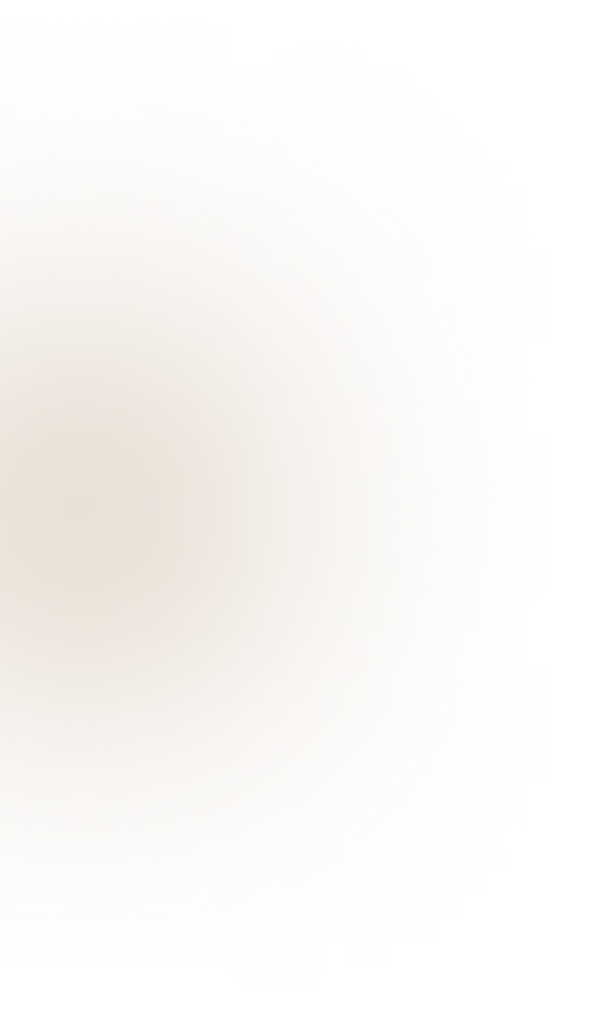

Identifying co-occurring disorders can be challenging due to overlapping symptoms. Common signs include:
Assessment and Evaluation: Our experienced team conducts thorough assessments to identify both mental health and substance use disorders, creating a tailored treatment plan that addresses your specific needs.
Integrated Treatment: We utilize evidence-based therapies that simultaneously address mental health and substance use disorders. This may include Cognitive Behavioral Therapy (CBT), Dialectical Behavior Therapy (DBT), and motivational interviewing to foster lasting change.
Holistic Therapies: We believe in treating the whole person. Our holistic approach may incorporate mindfulness practices, art therapy, and wellness programs to enhance emotional regulation and overall well-being.
Aftercare Support: Recovery is an ongoing process. Our aftercare services include follow-up counseling, support groups, and community resources to help you maintain your progress and prevent relapse.





© 2024 OAK HILLS. All Rights Reserved